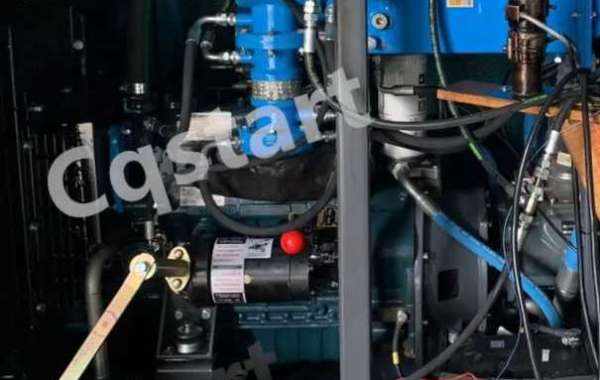1. Reliability
Spring starters are known for their reliability in critical situations. Unlike electric starters that require a battery or power supply, spring starters operate purely on mechanical energy stored in a wound spring. This makes them especially useful in emergencies when battery power may be depleted or unavailable.
2. Simple Mechanism
The spring starter operates by storing energy in a tightly wound spring, which is released when needed to turn the engine over. This simplicity minimizes the chance of malfunction and ensures that the device will work in various weather conditions, whether it's freezing cold or high heat.
3. No Need for External Power
Since spring starters are purely mechanical, they don't rely on an electrical power source. This makes them ideal for remote locations, older machinery, or vehicles that may be unable to provide power to an electric starter. They are perfect for situations where conventional starting systems might fail due to battery or electrical issues.
4. Durability
Spring starters are built to last, often requiring little maintenance if used correctly. Their rugged construction makes them suitable for a wide range of environments, from heavy-duty industrial applications to marine and agricultural equipment. They can withstand harsh conditions such as dirt, moisture, and temperature extremes, providing long-lasting performance.
5. Ease of Use
Spring starters are designed to be easy to operate. The user simply winds the spring manually and releases it to initiate engine cranking. This makes them especially valuable in emergency situations where time is of the essence, as they require minimal effort and training to use.
6. Cost-Effective
Compared to electric starters, spring starters are generally more cost-effective. There are no concerns about expensive battery replacements or complex electrical systems. This makes them a great budget-friendly option, especially for smaller engines or backup starting systems.
7. Environmentally Friendly
Since spring starters do not rely on electricity or fuel, they can be considered more environmentally friendly. They do not contribute to emissions or require the energy consumption associated with electric starters, making them a sustainable option for emergency starting needs.
Applications of Spring Starters:
- Diesel engines: Particularly in industrial, marine, and agricultural sectors, where high torque is required to turn over large engines.
- Heavy machinery: Construction equipment that operates in remote areas where electrical systems are not reliable.
- Military and emergency vehicles: Vehicles that require instant reliability in critical situations.
Conclusion
When considering an emergency start device, spring starters are one of the best options for reliability, simplicity, and cost-effectiveness. They provide a straightforward solution to starting engines when electrical starters are unavailable or fail, making them indispensable in a variety of industries, from agriculture to marine. If you need a dependable, long-lasting, and efficient backup starting system, a spring starter is a wise choice.














